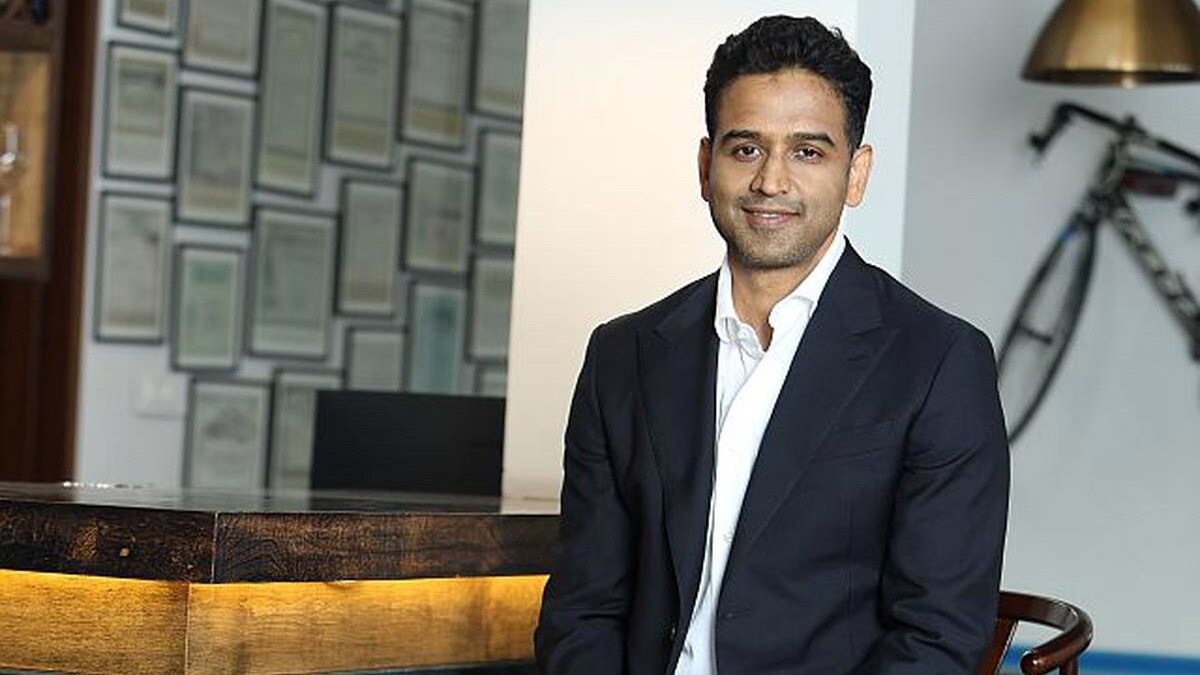In a thought-provoking social commentary, Nithin Kamath, Founder & CEO of Zerodha, has stirred a wave of introspection with a viral video from @Zero1ByZerodha that challenges Indians to confront a long-ignored problem: civic sense.
In a post on X (formerly Twitter), Kamath wrote, “We often blame the government or other people for many societal issues, but real change begins with us. People watch, copy, and learn from what they see, whether it’s good or bad. Sadly, even the educated and elite rarely set the right examples when it comes to civic sense.”
The video, titled “Why Indians Have ZERO Civic Sense”, has garnered nearly 1 million views in just 8 days on YouTube. It explores how everyday negligence — from reckless driving and littering to public theft and vandalism — collectively damages the country’s health, economy, and global image.
Using a mix of humour, on-ground experiments, and hard-hitting data, the video dives into the psychology behind civic apathy. It highlights disturbing trends like the “tragedy of the commons” and “broken window theory,” which explain why people litter more in already-dirty places or break rules when others do so without consequence.
A standout segment reenacts a real-life incident during a Yoga Day event in Visakhapatnam where attendees fought over free yoga mats — not realising the mats were already available to all, just not distributed chaotically. Other examples include ₹260 crore worth of stolen items from Indian Railways in 2022 and the avoidable deaths from road accidents due to overspeeding.
The video also examines deeper societal conditioning, including how class hierarchies historically outsourced cleanliness and how a lack of personal ownership over public spaces results in a culture of neglect.
Kamath’s call to action is clear: stop pointing fingers, start setting examples. From forming clean queues to reporting garbage via civic apps, the video lays out practical solutions and insists that enforcement and peer pressure are critical levers of change.
The response online has been overwhelming — from praise for Kamath’s bold messaging to users sharing their own stories of taking civic action in their neighborhoods.
As Kamath puts it, “The change starts with us — and the next generation is watching.”






